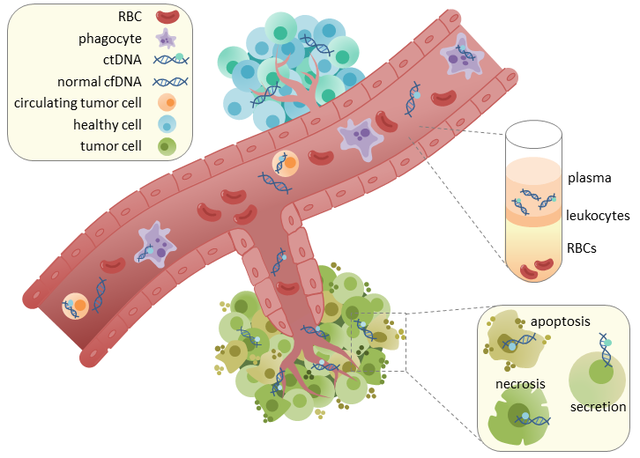By: Dr. Anish Shah
Bronx-Lebanon Hospital; Bronx, NY
On April 18, 2024, the U.S. Food and Drug Administration granted approval to a potent oral ALK (anaplastic lymphoma kinase) tyrosine kinase inhibitor – Alectinib (Alecensa, Genentech, Inc.) as an adjuvant treatment following tumor resection in patients with ALK – positive non-small cell lung cancer (NSCLC).
Study ID: NCT03456076
The approval was given based on findings from the ALINA study, an international, randomized, open-label trial that involved ALK-positive NSCLC patients who underwent complete tumor resection. Patients qualified for the trial were required to have resectable Stage IB (tumors ≥ 4 cm) to IIIA NSCLC (as per AJCC 7th edition) with ALK rearrangements identified either by a locally conducted FDA-approved ALK test or a centrally executed VENTANA ALK (D5F3) CDx assay. A total of 257 patients were evenly randomized to receive either alectinib 600 mg orally twice daily or platinum-based chemotherapy after tumor resection.
The primary efficacy outcome measures were the disease-free survival (DFS) in the subset of patients with stage II-IIIA NSCLC and DFS in the entire study population (stage IB-IIIA), as evaluated by the investigator. In the subset of patients with stage II-IIIA NSCLC, the median DFS was not achieved in the alectinib arm and was 44.4 months in the chemotherapy arm (HR 0.24 [95% CI: 0.13, 0.45]; p<0.0001). Comparable results were observed in the entire study population with the median DFS not achieved in the alectinib arm and 41.3 months in the chemotherapy arm (HR 0.24 [95% CI: 0.13, 0.43]; p<0.0001).
The most common adverse reactions in patients taking alectinib were hepatotoxicity, constipation, myalgia, COVID-19, fatigue, rash, and cough.





